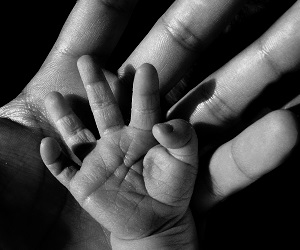
MBIE’s decision to deny maternity leave to a Wellington woman who had a child via a surrogate has been overturned by ERA.
 The Ministry of Business, Innovation, and Employment’s (MBIE’s) decision to deny maternity leave to a Wellington woman who had a child via a surrogate has been overturned by the Employment Relations Authority (ERA).
The Ministry of Business, Innovation, and Employment’s (MBIE’s) decision to deny maternity leave to a Wellington woman who had a child via a surrogate has been overturned by the Employment Relations Authority (ERA).
The woman was initially denied parental leave last year by MBIE, which processes the Government’s payment of 14 weeks’ paid parental leave under the Parental Leave and Employment Protection Act 1987.
The reason for rejecting her application was that she had not begun the formal adoption process by the time that she assumed care of the child and was not, therefore, caring for the child “with a view to adoption”. This made her ineligible for parental leave.
However, in last week’s ruling, ERA member Trish MacKinnon concluded that MBIE’s decision was wrong, and that the woman should receive maternity leave payments.
“I find the failure is one of process rather than substance, and occurred because of the unusual situation of the child’s birth,” she said in her decision.
“The provisions of the [Parental leave and employment protection] act do not bar the adoptive parent of a child born of a surrogate mother from parental leave.”
The woman, whose husband was the biological father of their son, made her application for paid parental leave in December 2011. Their son was born, via a surrogate mother, in January 30, 2012 and the couple had taken care of him since his birth.
However, the formal adoption proceedings were delayed until March 2012 due to the lengthy hospital stay for the surrogate mother. A Child, Youth and Family social work visit, which is a necessary part of process, didn’t happen until August of 2012 and the final adoption order was finally granted December 2012 – almost a year after the child’s birth.
MacKinnon accepted that the woman had always intended to adopt the child and that the issues with her application were principally caused by the unusual nature of her circumstances.
Ministry spokesman Britton Broun told the New Zealand Herald that the ministry believed that the woman’s application did not meet the requirements set out in the legislation. “We will not be changing the way paid parental leave is facilitated. This case highlights the need for anyone seeking paid parental leave to be aware of the requirements and to contact us,” he said.